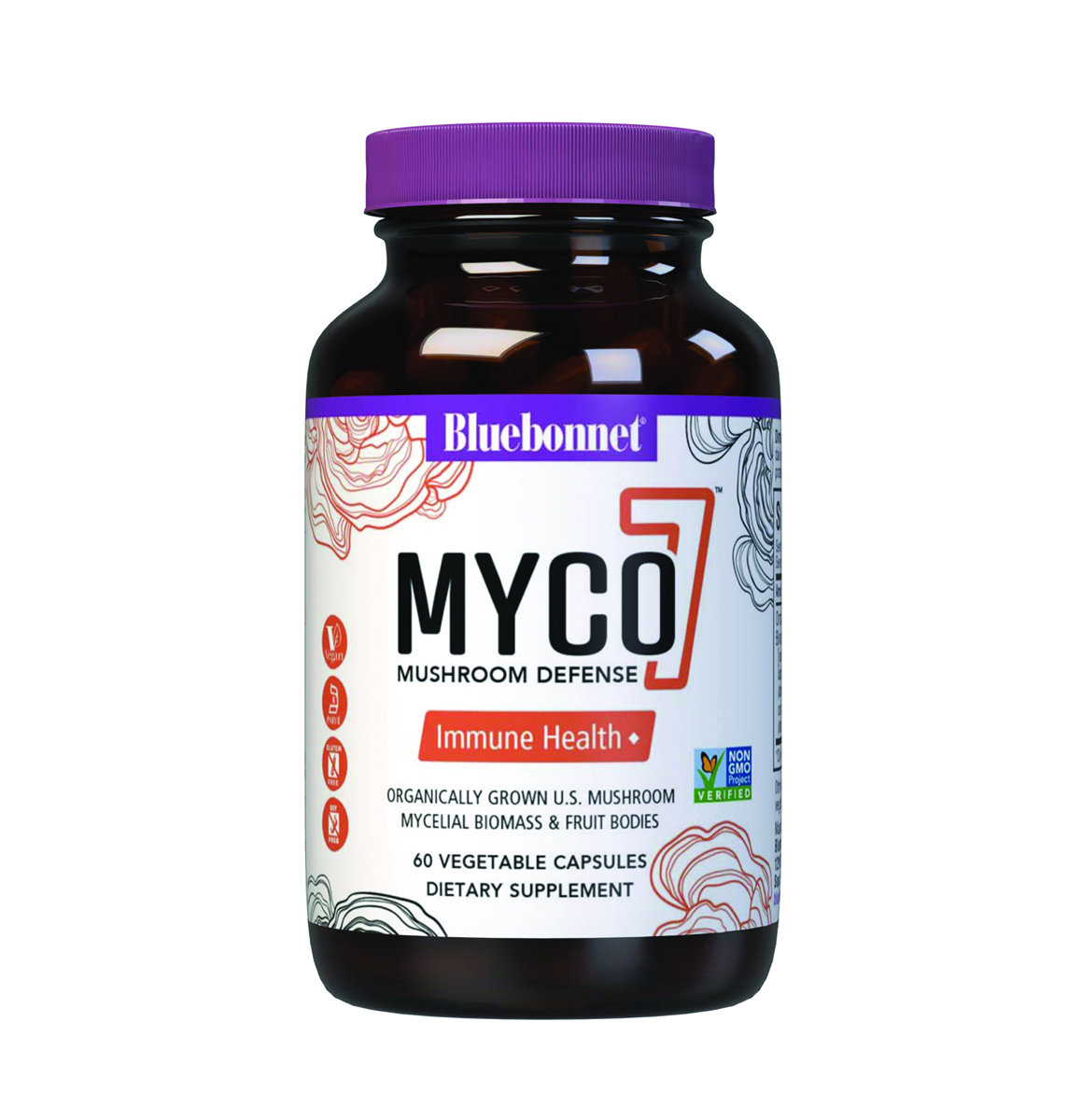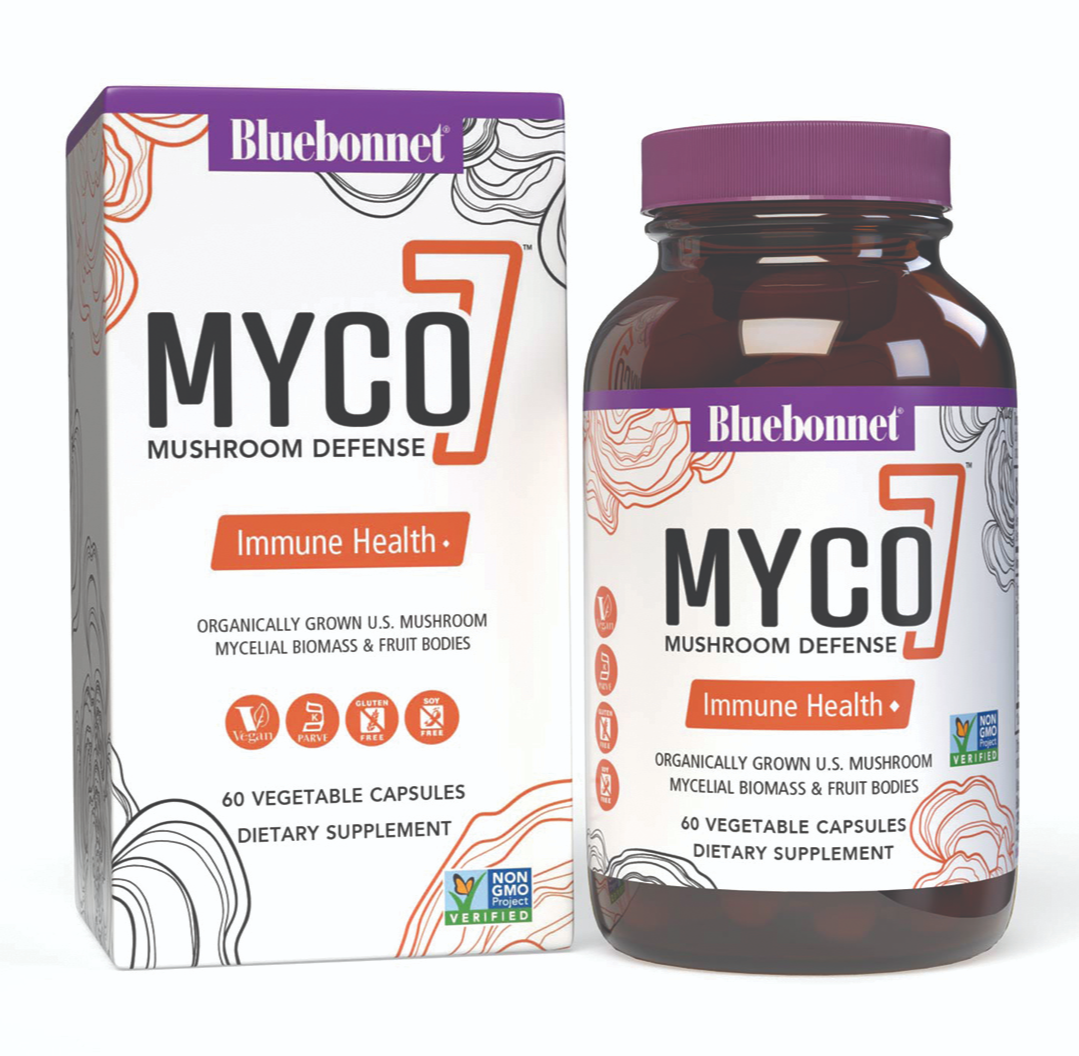Q1. Mushrooms are in a class of their own; what makes them different from plants and animals?
 Mushrooms are magical; they can be delicious, intoxicating, mysterious, and even deadly. Because of these attributes, mushrooms, throughout time, have had a reputation for being both friend and foe. All mushrooms are fungi, but not all fungi are mushrooms. Mushrooms are neither plant nor animal. Mushrooms are cellularly more like humans than they are plants. For example, humans eat food and digest nutrients for good health. Plants, on the other hand, take in nutrients from the ground, and through photosynthesis, they harness the sun’s power to maintain their health. Through their complex network of mycelial fibers, mushrooms secrete enzymes that digest organic residues, helping plants and animals decompose. Mushrooms then use those digested components as food, and their network transfers those nutrients to the environment around them, working in harmony with mother nature. More than 100,000 species of the Kingdom Fungi are identified in the literature, but of those truly magical, in the sense of being medicinal functional, only a small subset exists. Mushrooms are more popular than ever as part of a nutritious meal, as a coffee alternative, and for their medicinal benefits.*
Mushrooms are magical; they can be delicious, intoxicating, mysterious, and even deadly. Because of these attributes, mushrooms, throughout time, have had a reputation for being both friend and foe. All mushrooms are fungi, but not all fungi are mushrooms. Mushrooms are neither plant nor animal. Mushrooms are cellularly more like humans than they are plants. For example, humans eat food and digest nutrients for good health. Plants, on the other hand, take in nutrients from the ground, and through photosynthesis, they harness the sun’s power to maintain their health. Through their complex network of mycelial fibers, mushrooms secrete enzymes that digest organic residues, helping plants and animals decompose. Mushrooms then use those digested components as food, and their network transfers those nutrients to the environment around them, working in harmony with mother nature. More than 100,000 species of the Kingdom Fungi are identified in the literature, but of those truly magical, in the sense of being medicinal functional, only a small subset exists. Mushrooms are more popular than ever as part of a nutritious meal, as a coffee alternative, and for their medicinal benefits.*
Q2. What nutrients do mushrooms supply, and how are they beneficial for immune health?
Edible mushrooms are more than just part of a delicious, nutritious meal; they also deliver a unique set of nutrients with wide-ranging health benefits. Mushrooms are a source of vitamins, minerals, antioxidants, and an impressive array of large molecular weight and protein-bound polysaccharides—the most popular being β-glucans. Polysaccharides are complex, branched chain-like molecules built from many smaller units of sugar molecules, and they work with cellular and immune health as biological response modifiers. The cells of the immune system are hardwired to interact with these fungal β-glucans. This is because the immune system has evolved over time to protect itself from fungal pathogens. In general, fungal polysaccharides initiate a widespread activation of our immune system and have been shown in the literature to both calm an overactive immune system while at the same time kicking an underactive immune system into gear, adapting to the needs of the body for better health outcomes.*
Q3. Which part of the mushroom should I consume? Fruit bodies or mycelium?
The fruiting body is the part of the mushroom that grows above ground, producing spores, and is extremely rich in the polysaccharides that have been studied for good health. Mycelium (singular) and mycelia (plural) are like the “roots” of a mushroom. A mushroom’s mycelium helps collect and utilize nutrients and allows mushrooms/fungi to communicate with one another and their surrounding environment. This mycelial network is believed to be intelligent—with an ecological memory that helps it determine where, when, and how to grow. That said, mushrooms that undergo a fermentation process, like solid-state fermentation, completely transform this superfood so that benefits of both the fruit body and mycelial biomass can be seen and complement each other for better health.*
Q4. What is the best way to tap into the magical benefits of organic, whole, full-cycle mushrooms, and why?
Not all mushroom products are created equally, and there are many different ways mushrooms can be grown and how they can be processed—each of which will have a huge impact on what compounds are actually found in the final product. Mushrooms can be found worldwide, and their habitats are pretty diverse. In most cases, mushrooms are found in nature attached to solid support structures like organic residues from plants, animals, and insects. Because of these conditions, you want to grow mushrooms as close to nature as possible, simulating the natural environment for the best growth and nutrient-rich matrix content possible. Solid-state fermentation helps achieve this because it allows for the cultivation of these mushrooms in a controlled environment for temperature and humidity, as one would find in the natural environment, without using unnecessary fungicides or pesticides.*
Q5. What should consumers be looking for in a mushroom supplement?
Aside from taking a product that delivers a whole, full-cycle mushroom, preferably from multiple species that are organically certified, like shiitake, reishi, chaga, turkey tail, cordyceps, lion’s mane, and maitake, as found in Bluebonnet’s Myco-7™ Mushroom Defense Vegetable Capsules, they should also be cultivated using solid-state fermentation that delivers both the mycelial biomass and fruit bodies, which are then blended specifically to deliver a whole host of benefits related to immune health, energy & vitality, and daily wellness.*
Plus, formulas should also provide all of the dietary benefit bells and whistles needed for a top-shelf item like:
- Organically and Domestically, USA Grown
- Non-GMO Project Verified
- Kosher Certified by KOF-K
- Vegetarian/Vegan
- Free of Common Allergens (soy, gluten & milk)u
*These statements have not been evaluated by the Food and Drug Administration. These products are not intended to diagnose, treat, cure or prevent any disease.










